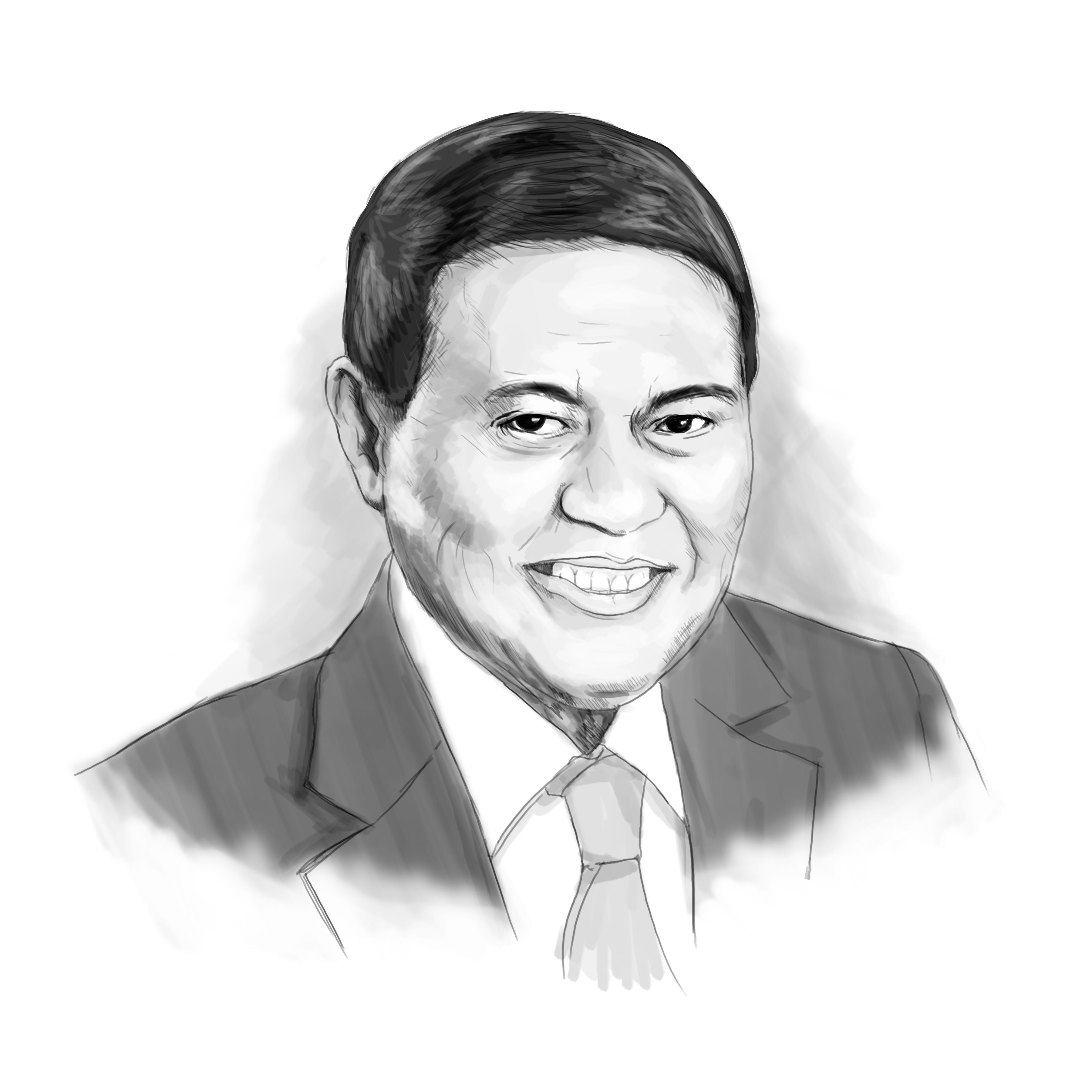OF TREES AND FOREST

Araw ng mga Bayani or National Heroes Day was originally commemorated every last Sunday of August. This was based on Republic Act No. 3827 which celebrated the first National Heroes Day on Oct. 28, 1931. When I was Senate President, we passed Republic Act No. 9492 which rationalized the celebration of nationwide holidays and changed the day of the National Heroes Day celebrations to the last Monday of August every year.
The idea was to pay tribute to the “Cry of Pugad Lawin,” a momentous event in the history of our nation since it signified our symbolic first resistance to Spanish colonial rule. The “Cry of Pugad Lawin” might be hotly debated in terms of where and when it actually transpired but there is no doubt as to its impact in the struggle for our nation’s freedom and independence.
Since Araw ng mga Bayani does not pay tribute to any particular hero, it is customary to include in this celebration all the heroes, known and unknown, dead or alive, who continue to fight for the country. Underlying the celebrations of National Heroes, in addition to the holidays we already have for specific individual heroes (Rizal, Bonifacio, for instance), is the belief that remembering our heroes, cultivating admiration for great Filipinos who performed heroic acts is good for citizenship and for the nation. But why do we need heroes? Why should we celebrate heroes?
My first introduction to heroes was of course in school where they taught us about the heroes of the country—I remember being made to buy postcards of all our national heroes. But later on, I was also introduced to a different kind of heroism. When we studied world history we learned that in Ancient Greece, a hero was “a human, male or female, of the remote past, who was endowed with superhuman abilities by virtue of being descended from an immortal god.”
One of the realizations I had studying the Greek heroes was the fact that their mortality seemed to be the defining factor. They were “god-like” not gods but they were exceptional. Heracles or Hercules was the strongest man alive, Achilles was the best soldier, Odysseus had the most guile. They were great; they were superhuman. But they were not exempt from that most human of all destinies—death.
I remember being amazed at the stories of Greek mythology especially that of Hercules who was the product of Zeus’ extramarital affair with Alcmene. Hercules showed superhuman strength in dealing with all the challenges he faced in life. Most famously, he was given 12 deadly labors as atonement for his sins. But Hercules overcame all of the series of difficult tasks.
I do not recall if I considered Hercules my personal hero at the time—he had many flaws after all—but I do remember being amazed not by his strength but by his perseverance. The way he overcame the Labors of Heracles tell us something about the abilities of human beings to go beyond what they are capable of. It was a lesson about our potential for greatness despite all the hurdles life throws at us.
That is why we need heroes. That is why we need to look up to someone as a role model. We need someone to admire but not worship; someone to respect but not follow blindly. We need them so we can discover what we are capable of. We need heroes so we can be inspired to work harder, persevere more and fight on as we navigate life.
It does not matter who your heroes are—your father or mother, a teacher you admire, a superhero from films, a national hero, your OFW neighbor, front liners who helped you in crisis, or anyone else who became bigger than what they are in order to serve others. What is important is the realization that everyone can do heroic acts. All of us can be heroes. Maligayang Araw ng Bayani sa ating lahat!
(Email: [email protected] and/or http://www.mannyvillar.com)